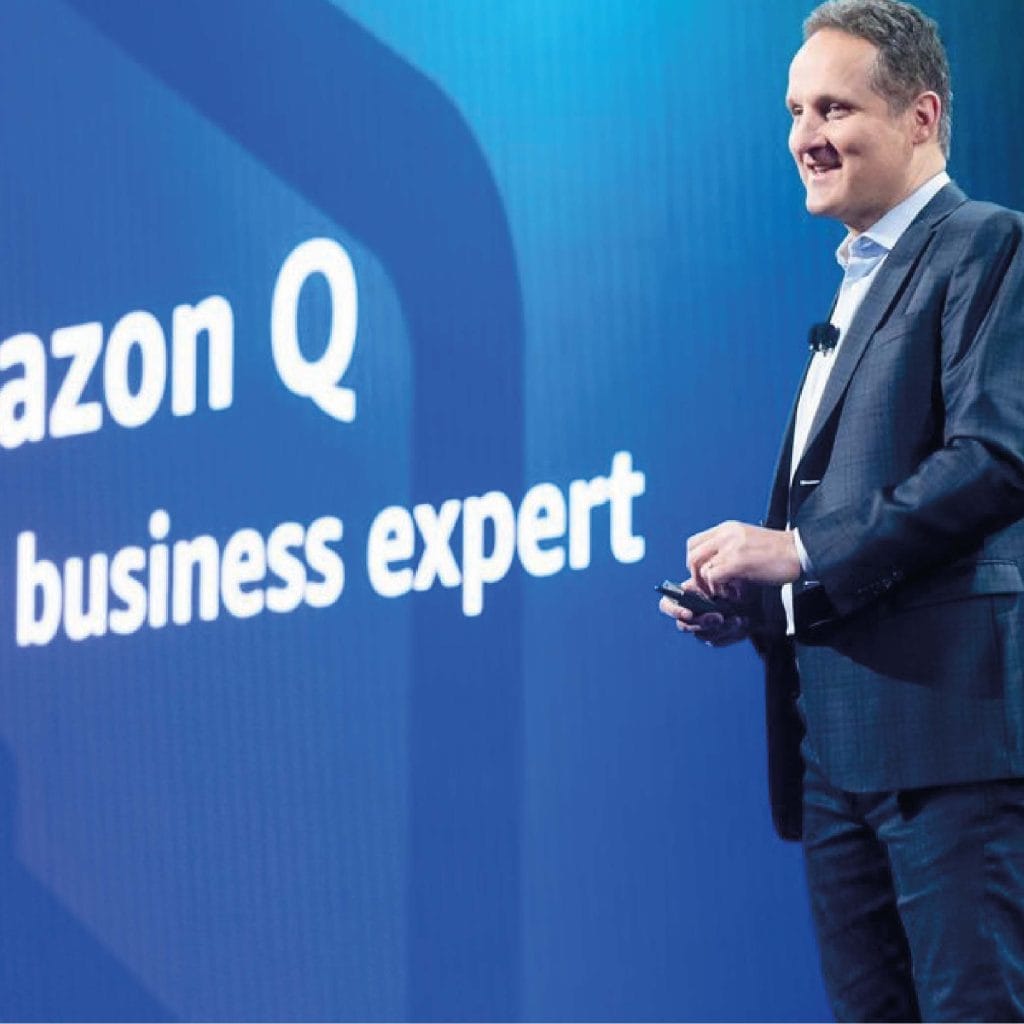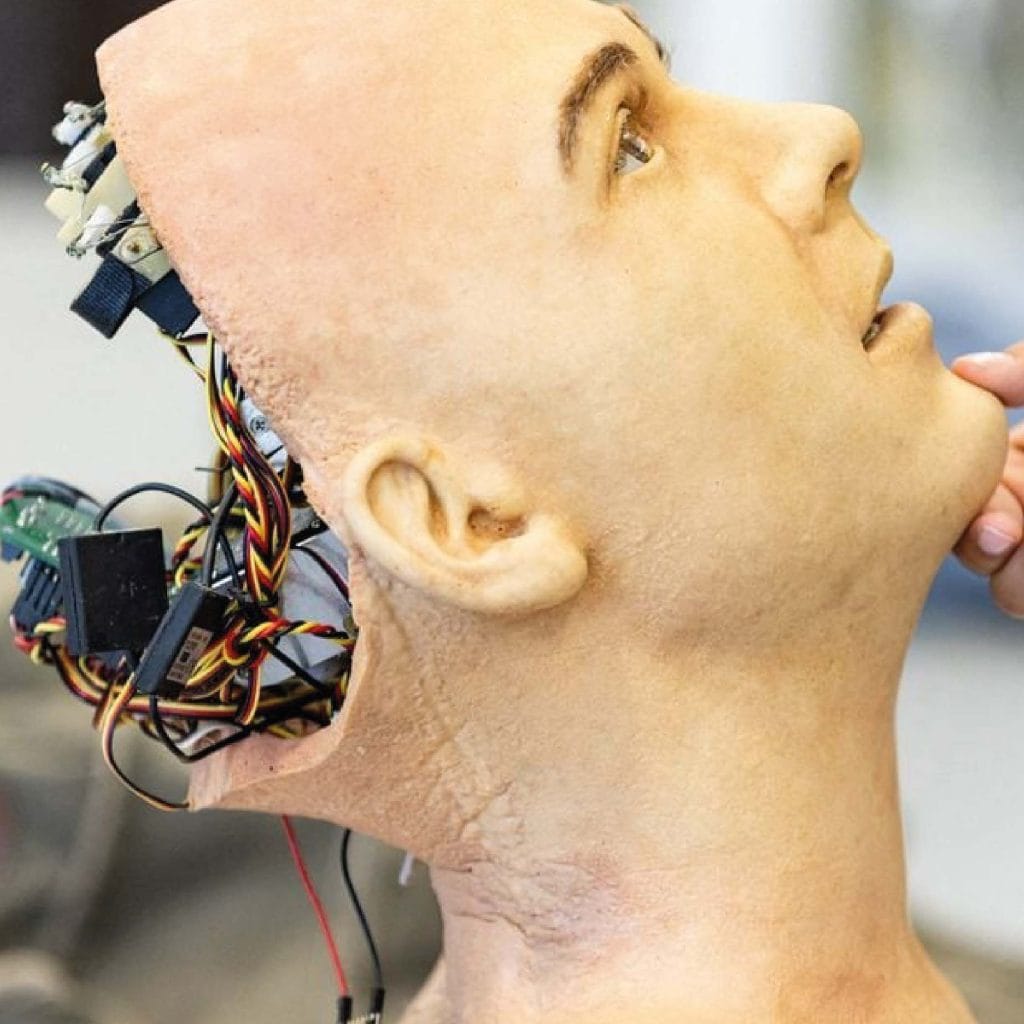This AI newsletter was crafted with the help of AI.
Volume 4
The integration of artificial intelligence (AI) into various sectors continues to make headlines, with recent developments highlighting both the potential benefits and the ethical challenges posed by this rapidly evolving technology. In the realm of business, AI is being harnessed to enhance fraud detection capabilities. Traditional audit software, which relies on predefined data patterns, is being outpaced by AI systems that use machine learning to identify irregularities based on historical data. Despite skepticism from some firms about the ability of AI to detect complex frauds, AI-assisted systems have shown promise in identifying transactions that may be used to conceal fraudulent activities7.
In the educational sector, AI is making strides in professional development for teachers. Research indicates that AI-based programs can significantly improve teaching practices, leading to better student outcomes. A study involving middle school math teachers who participated in an AI-driven professional development program saw improvements in their students’ math performance. These programs, which can offer personalized feedback and guidance, demonstrate the potential of AI to provide accessible and effective professional development opportunities for educators5.
Meanwhile, ethical concerns surrounding AI continue to mount, particularly in relation to data privacy and security. The success of AI chatbots like ChatGPT has raised issues of disinformation, fraud, intellectual property, discrimination, and cheating in higher education. In response, companies such as OpenAI, Microsoft, and Amazon have launched enterprise-focused versions of generative AI models with added guardrails to ensure adherence to responsible AI standards123. Europe has taken a firm stance by agreeing to ban certain AI practices deemed manipulative or invasive, although privacy rights groups remain critical of the measures in place4.
In scientific research, AI is revolutionizing the discovery and development of new materials. Google DeepMind and the Lawrence Berkeley National Laboratory have used their AI tool, GNoME, to identify over 2 million new crystal structures, including 380,000 stable materials with potential applications in various industries. This breakthrough illustrates how AI can expedite the materials discovery process, traditionally hindered by trial-and-error methods, and contribute to advancements in technology and sustainability6.
CITED ARTICLES

OpenAI’s chief operating officer, Brad Lightcap, has cautioned against expecting artificial intelligence (AI) to quickly revolutionize businesses. He stated that AI is still in its experimental phase and that there is no single AI solution that can fully solve complex problems. OpenAI recently launched an enterprise version of its ChatGPT platform, which aims to provide better data protection and customization options for businesses. While there is potential in generative AI, some early adopters have found that the technology has not significantly improved their operations. Concerns about data leaks have prompted companies to develop enterprise-focused AI models.

OpenAI’s ChatGPT, an AI chatbot, saw unprecedented success in its first year, with 13 million unique visitors daily and 100 million weekly users. The popularity of ChatGPT highlights the power of a good interface and the potential for generative AI systems. However, concerns have been raised about the technology’s implications for disinformation, fraud, and discrimination. The success of ChatGPT also underscores the influence of hype in shaping public perception of AI. Looking ahead, the development of AI may face technical limitations and regulatory challenges, while the use of AI-generated content in influencing public opinion during the 2024 elections is a growing concern.

Amazon’s cloud business AWS has launched a chat tool called Amazon Q, which allows businesses to ask questions specific to their companies. Users can query Amazon Q on topics such as company guidelines or understanding code, and the tool will surface the relevant information. Amazon Q can be accessed through the AWS Management Console, documentation pages, developer environments, and third-party apps like Slack. The tool is currently available for users of Amazon Connect, with plans to expand to other services in the future. Pricing for Amazon Q in Connect starts at $40 per agent per month.

The European Union has reached a provisional deal on landmark rules governing the use of artificial intelligence (AI), making it the first major world power to enact such laws. The agreement requires AI systems to comply with transparency obligations, bans certain practices like cognitive behavioural manipulation and untargeted scraping of facial images, and grants consumers the right to launch complaints. The legislation is expected to enter into force early next year and could become a blueprint for other governments.

Middle school math teachers who completed an online professional development program that uses artificial intelligence (AI) to improve their math knowledge and teaching skills saw an improvement in their students’ math performance. The program, developed by researchers, focuses on enhancing teachers’ mastery of math knowledge and skills, as well as addressing common struggles students face. In an experiment involving 53 teachers and 1,727 students, those taught by teachers who completed the program showed a statistically significant gain in math performance. The study highlights the potential of AI technologies to create effective and accessible professional development for teachers, addressing the limitations of traditional in-person programs.

Researchers at Google and Lawrence Berkeley National Laboratory have developed a deep learning tool called GNoME that has discovered 2.2 million new crystals, including 380,000 stable materials that could be used in future technologies. The tool uses artificial intelligence to predict the stability of new materials, dramatically increasing the speed and efficiency of discovery. The materials discovered have the potential to power supercomputers, develop next-generation batteries, and revolutionize electronics. The predictions made by GNoME have been made available to the research community to drive further research into inorganic crystals.

Artificial intelligence (AI) has the potential to improve audit quality and reduce workloads, according to Kath Barrow, UK and Ireland assurance managing partner at EY. The Big Four accounting firm used an AI system to detect suspicious activity at two of the first 10 companies it checked. The clients subsequently confirmed that both cases had been frauds. However, auditors disagree about how far they can rely on AI, with some firms sceptical that the technology can be fed enough high-quality information to detect multiple forms of fraud reliably.




